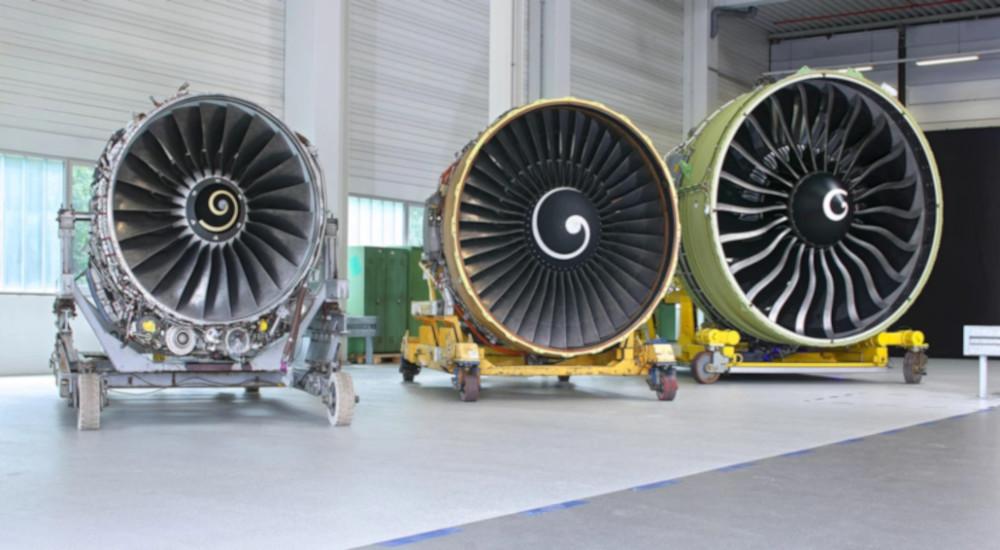
After lower-than-expected aircraft retirements during the pandemic, the supply of used serviceable material has been strained as demand has picked up again globally.
“This has also affected the green-time market, especially for Boeing 737NG and Airbus A320ceo engines that are in high demand at present due to delivery delays and the need to cover for new-generation engine hospital visits,” Patrick Biebel, managing director of MTU Maintenance Lease Services, tells Engine Yearbook 2024.
“In 2021 and 2022, the global levels of aircraft retirements were much lower than normal. To an extent, this is being reversed this year, but it is not always aircraft with the most desirable engines that are being retired," Biebel says. "For example, the number of A340s and 757s being retired have increased markedly, as have 737 classics (CFM56-3 powered), but the numbers of 737NGs and A321s retiring in 2023 are still at much lower than usual rates, which usually would be a solid source of green-time in the life-cycle of where the current equipment is right now.”
Biebel also notes that deferred maintenance activity from the last few years, combined with a tendency towards smaller workscopes, has led to a buildup of MRO demand.
“On top of that, we see that OEM ramp-up delays lead to a situation where the lift that's required to serve the flying activity and the passenger demand needs to be fulfilled more and more by current-generation equipment," he says. "This is where operators and asset owners are looking for bridge solutions to get them from now to the extended phase-out, which might be two, three or four years out now.”
The result of all this, he says, is elevated lease rates and asset values for the most popular engines, a situation he expects to persist for some time.
For a full interview with MTU about the interplay between the engine leasing and maintenance markets, see the forthcoming Engine Yearbook 2024.
